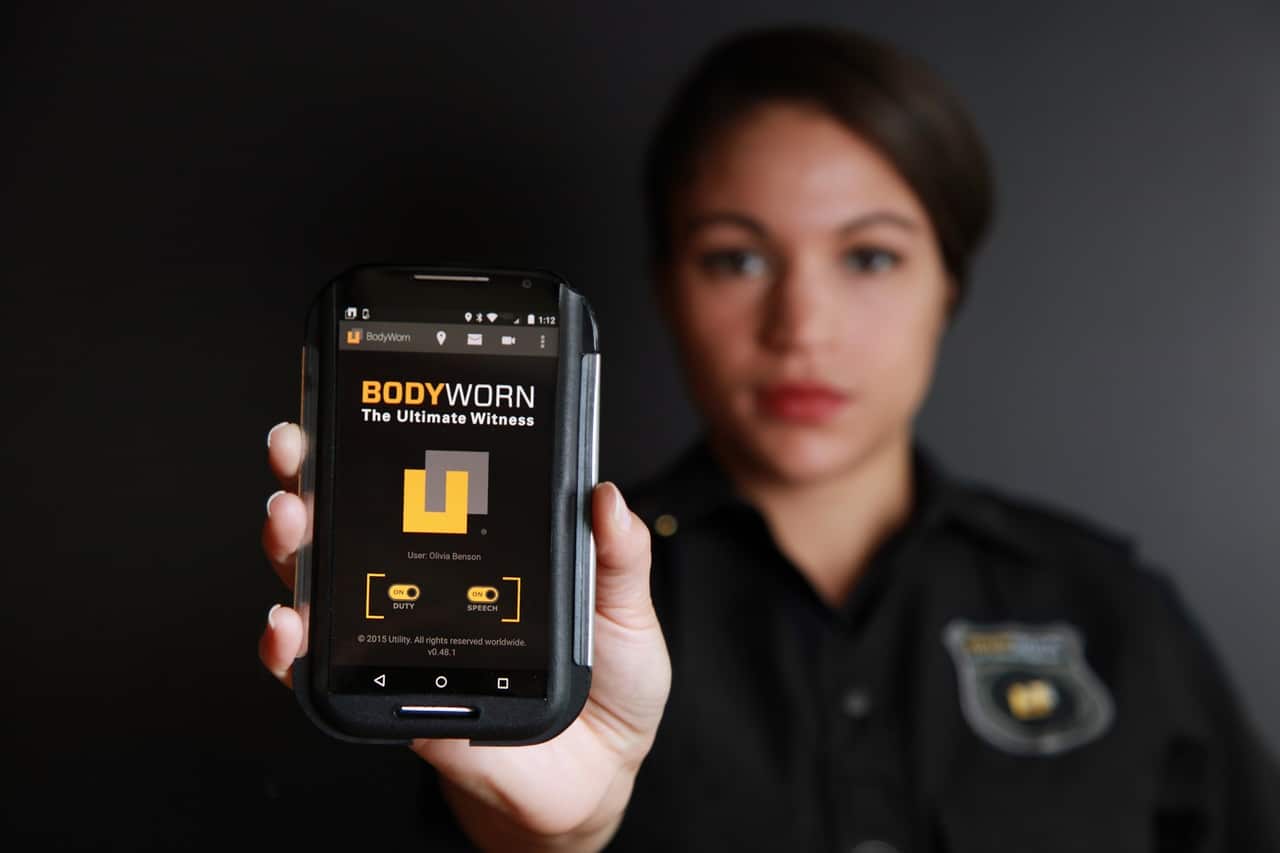
21 Nov Can Police Track Your Car Without a Warrant in Arizona?
With advancements in technology, law enforcement has been able to do some pretty amazing things to catch criminals. Facial recognition, drone surveillance, and GPS tracking are some of the most prevalent forms of technology used by police.
But law enforcement has a duty to use these tools responsibly. All citizens have certain inalienable rights, and those rights cannot be infringed upon during the course of an arrest.
Warrants are needed for in person arrests, but the laws surrounding warrants and the use of technology are a little fuzzy. So today let’s look at just one example, GPS tracking. Can police track your car without a warrant?
Can Police Track Your Car Without a Warrant?
The short answer: No.
About two years ago, in January of 2018, the Arizona Supreme Court ruled that police are not allowed to track your car without first obtaining a warrant. You have the right to a reasonable amount of privacy. Because of this, four out of seven Arizona justices voted to ban the use of GPS tracking on cars without a warrant.
There are Some Exceptions
This ruling did not hold in the 2018 Arizona case of State vs. Jean. In this case the police decided to place a tracking device on the car a man named Emilio Jean was using, after suspecting him for transporting drugs. The car was borrowed from a friend. The police did not have a warrant. They placed a GPS tracker on the car while Jean was sleeping.
Using the information from the GPS device, federal agents tracked the progress of Jean and the car’s owner, Velez-Colon, for about three days. They became increasingly suspicious that the vehicle was being used to transport illegal drugs. Police officers decided to pull over the vehicle and their drug-detection dog alerted them. This led to the discovery of over 2,000 pounds of marijuana. Velez-Colon received a plea deal and agreed to testify against Jean.
Evidence Obtained Without a Warrant
Jean filed a motion to suppress the evidence. He argued that the police had illegally searched the vehicle because they did not have a warrant. He said this had violated his privacy rights that are protected by the Fourth and Fourteenth Amendments. The court denied the motion saying that since Jean wasn’t the owner of the vehicle he couldn’t claim a right to privacy. Police officers were seen as having acted in “good faith.” The court of appeals confirmed. Jean was sentenced to twenty years in prison and ten years of probation.
Contact an expert if you need help!
If you find yourself in a situation where you feel your rights are being violated, you need a legal expert. Todd Coolidge has been a certified criminal law specialist since 2000. His approach is straightforward and he handles all cases personally. You can be assured that your case is important to him. Contact his office for legal assistance in the Phoenix, Chandler, Scottsdale, and Tempe areas of Arizona.
Images used under creative commons license – commercial use (11/20/20). Photo from pxhere.com




